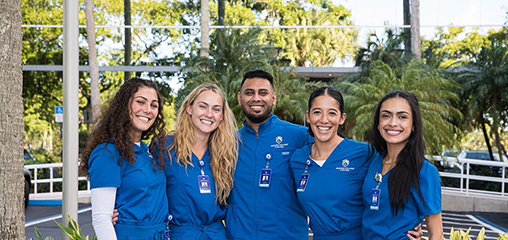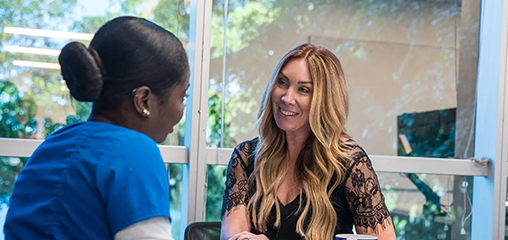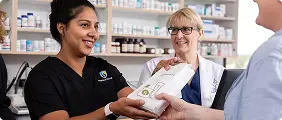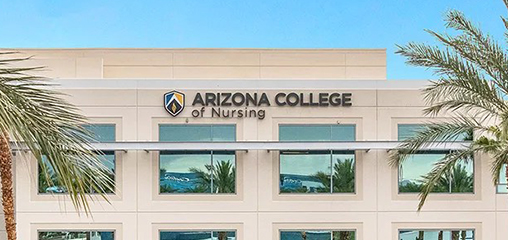
Over the past century, technology has changed the way physicians diagnose and deliver healthcare to patients. It has changed the way patients schedule appointments and receive treatment for ailments as well as the process for healthcare management. The medical field has always integrated hand-in-hand with science and formed partnerships with the brightest physicians and scientists. Technology has advanced the medical field in many ways and has improved the mortality rate and general well being for patients.
- Internet-The Internet has changed the way patients are checked in and out of an office or hospital by using Internet based software. It has also changed the way physicians analyze data, with instant access to large quantities of data available with the click of a mouse. With the ability to search the Internet for symptoms and conditions to assist in the diagnosis and treatment process, many patients have taken their healthcare into their own hands.
- EHR (Electronic Health Records)– By 2013, 80% of hospitals had implemented the use of EHR for accessing, processing, and storing patient data. EHR has made it possible for doctors and physicians to instantly access multiple years’ worth of a patient’s medical history, resulting in a more thorough examination of previous health conditions, treatments, and outcomes. EHR has also streamlined the billing and coding processes of medical claims, resulting in faster and more accurate submission and reconciliation of claims.
- Robotic Surgery-The use of robotics in healthcare has increased rapidly in the United States at a rate of 400% from the year 2007 to 2011. Robotic surgery can be performed for a wide variety of procedures including hysterectomies, urology conditions, ophthalmology procedures, and mastectomies to name a few. The benefits of using the option of robotic surgery, includes minimally invasive operations when compared to traditional methods and shorter total surgery time.
- mHealth-Mobile Health (mHealth) refers to freeing medical devices from cables and cords, allowing medical devices to become wireless and mobile. This allows patients and physicians to follow up on health conditions while they are on the go. Tablets and mobile smart phones have technology that allows patients to download EKG and blood pressure information from their medical devices at home and electronically submit readings to their specialist. mHealth also allows physicians to be reached on their mobile device at all hours throughout the day and night if patient care is required.
- Telehealth-Telehealth refers to the use of digital technology to deliver medical care and health education by connecting multiple users from various locations. Patients have the ability to video conference with physicians for their routine appointment verses being examined physically, thus, reducing the fee structure typically charged for an office visit and saving time of the commute to the physician’s office as well.
- Remote Monitoring Tools-In 2010, the Affordable Health Care Act required the Department of Health and Human Services to develop a protocol to reduce the re-admission rates for patients into hospitals. As a result, numerous companies have developed Remote Monitoring Technology that constantly monitors patient’s chronic health care conditions, which can catch deviations in health prior to re-admission to the hospital. With the ability for patients to monitor conditions such as diabetes, oxygen levels, and blood pressure on their own at home, and for the results to be submitted on a daily basis electronically to their medical provider, patients can receive corrective treatment prior to an ailment requiring costly re-admission to the hospital.
Breakthroughs in technology have given medical providers new tools, made patient information available at click of a mouse, and added fresh ways to practice medicine. If you are thinking about a career in healthcare and like the idea of working with patients to help promote health and wellness, then a career in Allied Health or Nursing may be for you. If you like using technology, Medical Billing and Coding (Health Information) integrates the medical field with technology and could also be a rewarding career. Contact Arizona College today to learn more about our Allied Health degree and diploma programs offered at our Glendale and Mesa campuses.
Information in this blog post is accurate as of September 23, 2016.
Start Your Future in Nursing Today
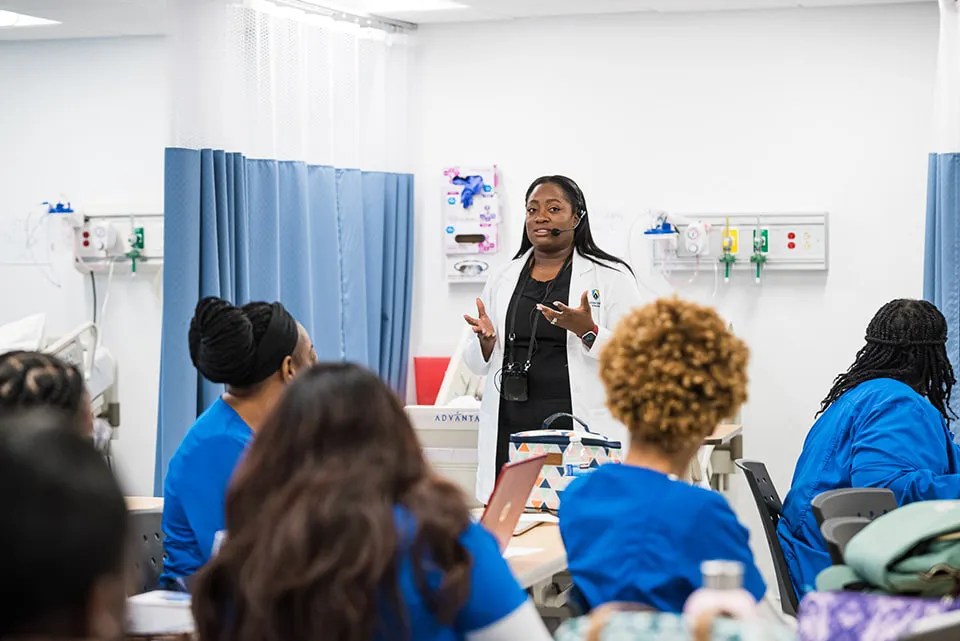
If you’re considering a career as a registered nurse (RN), Arizona College of Nursing is here to help you pursue your dream. Our BSN program enables you to earn a Bachelor of Science in Nursing in just 3 years or less with qualifying transfer credits. We’ve helped hundreds of students to earn a BSN degree and enter the nursing profession – and we’re ready to support you on your path to becoming an RN.
Why Choose Arizona College of Nursing?
- Earn a BSN degree in 3 years or less with eligible transfer credits
- Campus locations throughout the US
- Night classes for general education courses
- Hybrid Online/In-Person format for general education classes
- Nursing education is all we do
- CCNE-Accredited Program*
- NCLEX-RN success coaches and exam preparation class
- Financial aid available to those who qualify
Discover Your Path to a Career in Nursing
Information in this post is accurate as of September 23, 2016.
*The Bachelor of Science in Nursing (BSN) degree program at Arizona College of Nursing is accredited by the Commission on Collegiate Nursing Education (https://www.aacnnursing.org/). All Arizona College of Nursing and Arizona College campuses are institutionally accredited by the Accrediting Bureau of Health Education Schools (https://www.abhes.org/), a U.S. Department of Education-recognized accrediting agency.
